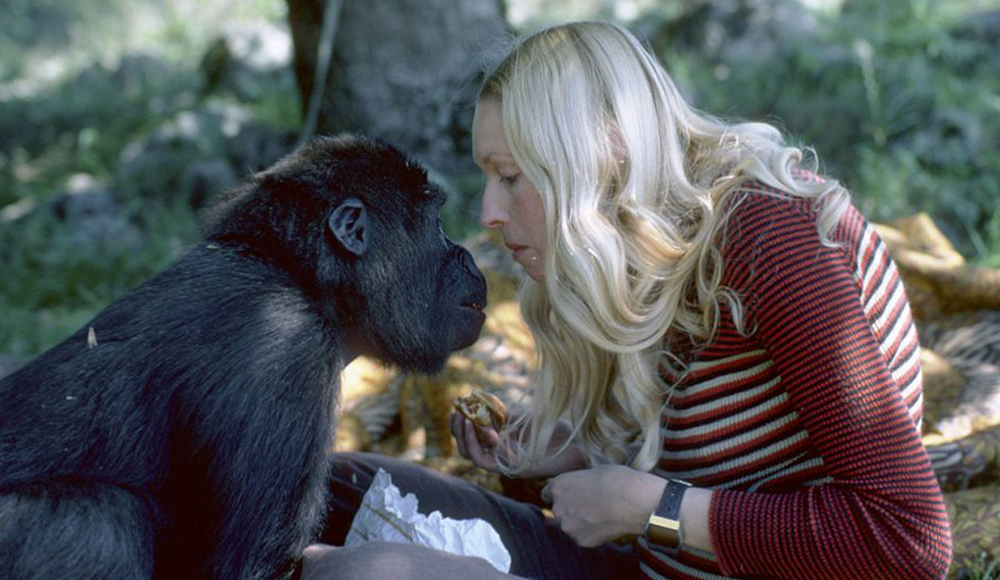Did Koko’s Large Vocabulary Challenge Human Exceptionalism?
Question of the week: Did Koko the gorilla develop and use a vocabulary of hundreds of words? Did she possess symbolic capability that challenges human exceptionalism?
My answer: Koko spent her entire life in captivity. Her closest companion was her human trainer. Her trainer put her through intense vocabulary training over a 20-year period. Koko did not speak the words she learned. Rather she spoke through sign language. She eventually developed a vocabulary of over 200 words.
Koko does not hold the record for the largest vocabulary by a nonhuman animal. That distinction is held by an African grey parrot whose human trainer claimed it had a vocabulary size of nearly 1,000 words. However, no nonhuman animal has ever demonstrated any ability to use grammar or syntax. They are not able to compose sentences or paragraphs on their own. Their language capability is based on mimicking what they hear from their human trainers.
Koko and parrots reinforce the biblical doctrine of human exceptionalism in that it takes a relationship with a human for Koko or a parrot to perform at the level that they do. Many animals can communicate with one another through sounds. Only humans, though, can invent and use symbols to communicate. Only humans are capable of literature: composing complex narratives, stories, legends, instruction manuals, and scientific treatises.
It is not just the vocabulary sizes that set us apart from nonhuman animals. It is what makes up our vocabulary. Our vocabulary includes not just nouns and verbs to describe items in our immediate environment. We also develop words for abstract thought, mathematical terms, and terminology far outside our immediate environment.
The language capability manifested by Koko and parrots demonstrates that when a mammal or bird is strongly bonded to a higher being, namely a human, it will far outperform its wild cousins. Likewise, when we humans are strongly bonded to a higher Being, namely God, we will far outperform our wild cousins.






